Composite image: Hu Chunhua and Wang Yang are rumored to become successors.
[People News] Recent reports from overseas media suggest that former Politburo Standing Committee member Wang Yang is poised to re-enter the political arena, potentially taking over as interim General Secretary of the Chinese Communist Party (CCP). Sources claim this comeback is not merely a top-down arrangement but a strategic political negotiation, with Wang presenting three specific conditions during high-level talks within the regime. Analysts interpret this not as an idealistic push for reform, but as a calculated move in a time of crisis.
According to insiders close to the decision-making core, the three conditions involve military power restructuring, foreign policy adjustments, and institutional reforms. The list of demands reportedly sparked heated debate at the Politburo's expanded meeting in May, with some party leaders describing the atmosphere as reminiscent of the 1980s "Thought Liberation Movement", a rare moment of collective introspection.
Military Power Is the Bottom Line: No Military Authority, No Deal
The first demand reportedly put forth by Wang Yang is guaranteed military authority. He believes that without substantial control over the military, any political arrangement would only make him a scapegoat. Multiple sources indicate that military leadership is considering creating a new position: Vice Chairman of the National Security Commission, to be held by Wang. Additionally, there is talk of reviving the old system where the General Secretary does not also serve as Chairman of the Central Military Commission, aiming to dismantle the current power concentration where Xi holds all three top positions.
Frequent shakeups in the military signal a collapsing power base for Xi’s loyalists: Central Military Commission Vice Chairman Zhang Youxia is rumoured to have turned against Xi. Former Vice Chairman Xu Qiliang suddenly died. Miao Hua and He Weidong have been publicly condemned for corruption, labelled as part of a clique. Without control over the military, Wang Yang’s return is seen as unlikely to stabilize the situation.
Foreign Policy Shift: Wolf Warriors Out, Qin Gang Returns
Wang's second condition concerns a strategic shift in foreign policy. He reportedly named Foreign Minister Wang Yi and spokesperson Hua Chunying for dismissal, advocating for the reinstatement of Qin Gang—previously purged—as either Foreign Minister or State Councilor, in order to repair US-China relations.
Observers note that this is more than just a personnel change; it signals a shift from aggressive "wolf warrior diplomacy" back to the traditional Chinese approach of "keeping a low profile and pursuing peaceful development." Wang believes that aggressive diplomacy has severely damaged China's global relationships, especially with the U.S., Europe, Asia, and Africa, and that China can no longer afford the economic pressure from dual isolation in technology and capital.
Further fueling rumors, Fu Xiaotian—a TV host and producer close to Qin Gang—recently posted photos showing her child and a seemingly happy family life, interpreted as a signal of Qin Gang’s imminent return.
Institutional Reform: Restoring Collective Leadership, Reducing Personality Cult
The third demand focuses on structural reforms. Wang Yang reportedly calls for the restoration of collective leadership and political consultation, seeking to dismantle Xi Jinping’s monopoly over the party, government, and military. He has warned that excessive concentration of power leads to systemic corruption and policy failure, and that reforms must begin with institutional redesign.
According to reports, these are not personal requests but a systemic diagnosis of deep-rooted problems, which have garnered widespread resonance among top CCP leaders. Elders such as Hu Jintao and Wen Jiabao have allegedly reached a "safe exit" agreement with military figures like Zhang Youxia, under the condition that Xi Jinping steps down voluntarily and exits frontline politics.
A source close to top decision-makers revealed that Xi recently met Wen Jiabao in Luoyang and reportedly broke down in tears, calling Zhang Youxia a "living demon" and pleading with Wen to dissuade Zhang from pursuing further actions against him.
De-Xi Process Underway: Purging Xi’s Influence Across the System
At present, the "de-Xi" process appears to be fully underway, affecting multiple branches of the system:
Military: Investigations into Miao Hua, He Weidong’s suicide, Xu Qiliang’s sudden death;
Hong Kong and Macau Affairs: Zheng Yanxiong under investigation, Xiao Baolong steps down;
Foreign Ministry: Rumours abound of Qin Gang’s comeback;
Propaganda system: People’s Daily and Xinhua News Agency have started praising Wang Yang (albeit indirectly), and have toned down the glorification of Xi.
Analysts suggest this political shift aims to avoid a catastrophic power struggle like those involving Lin Biao or Zhao Ziyang, and instead pursue a "controlled and orderly" transition of power.
Conclusion: Not Defeated by Enemies, But by His Own System
While Xi Jinping remains in power, the political system he personally crafted is reportedly falling apart piece by piece. Analysts argue that Xi has not been defeated by any external enemy, but has instead been suffocated by the very "ironclad regime" he built.
Even if Xi steps down, the system will persist. Without deep reforms targeting its unaccountable, opaque, and criticism-intolerant nature, the next “Xi Jinping” is bound to be reproduced.
"Changing the person without changing the system means the same script will play out again." — Recognising this is the beginning of true political awakening. △


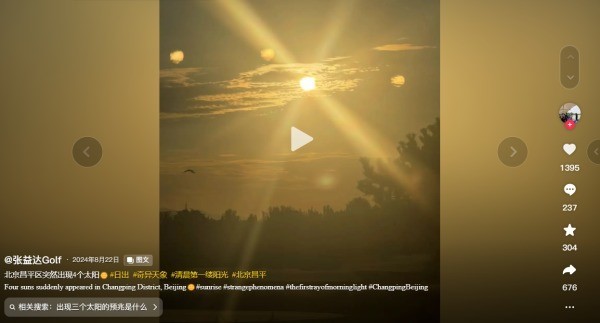

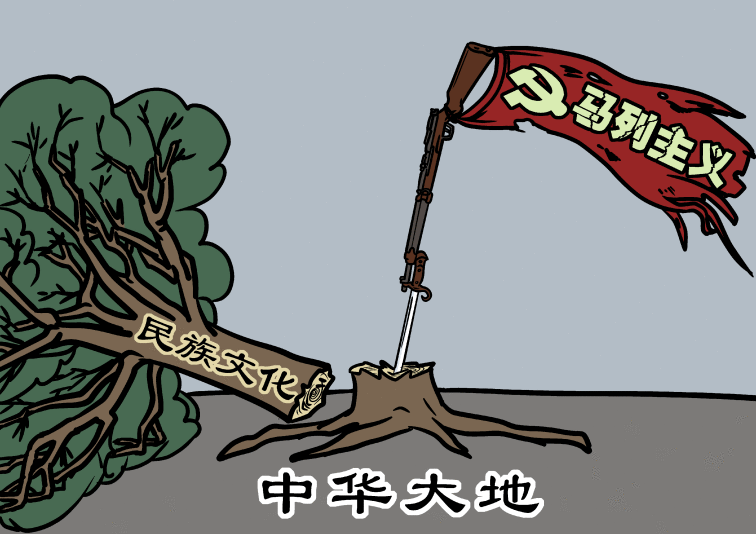
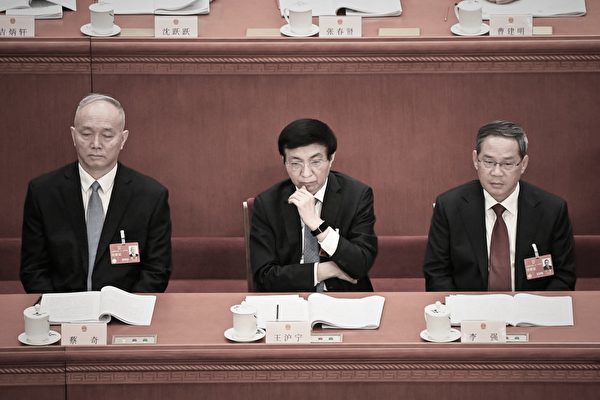
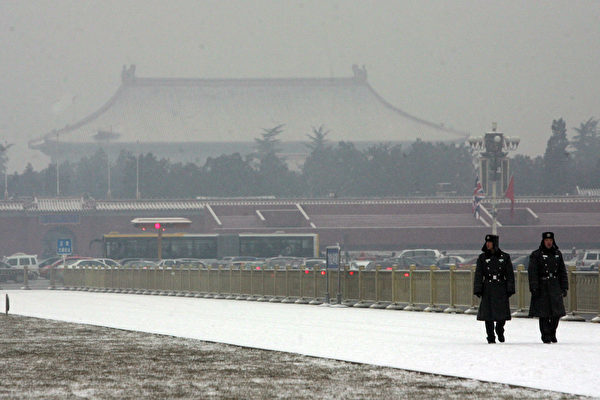
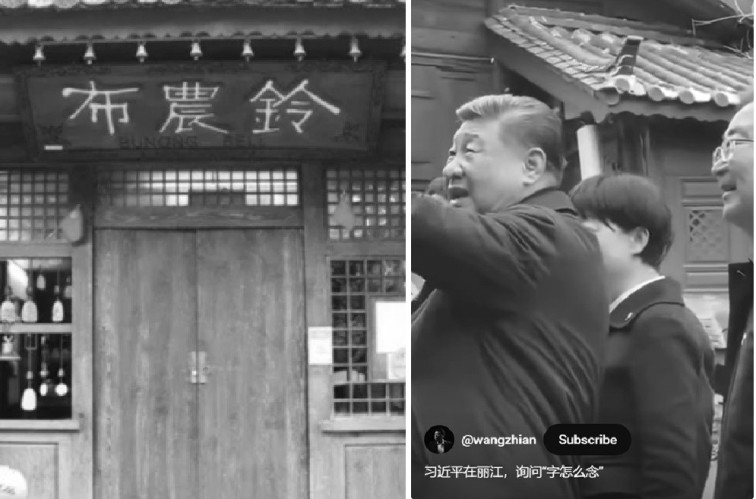


News magazine bootstrap themes!
I like this themes, fast loading and look profesional
Thank you Carlos!
You're welcome!
Please support me with give positive rating!
Yes Sure!